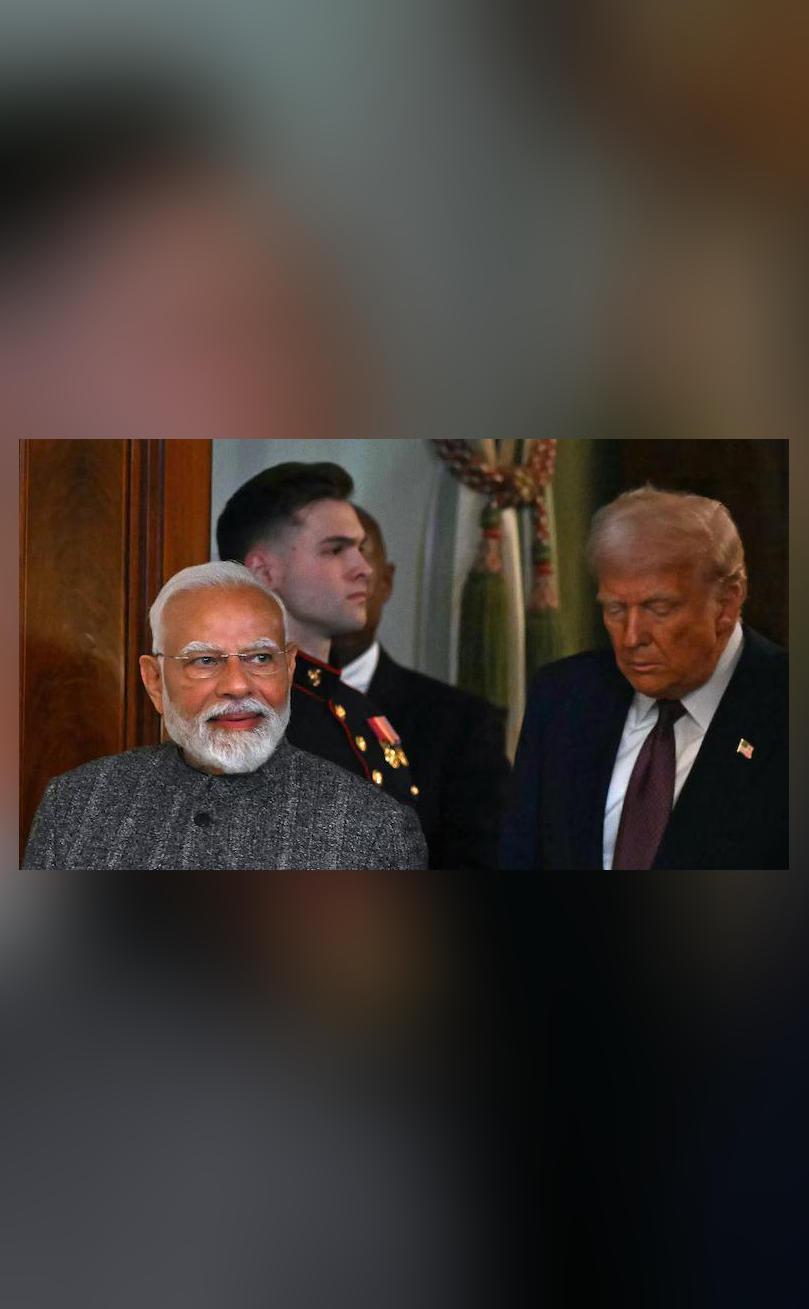
Title: Trump’s Tariffs Can Push India Closer to Russia & China: Ex-US NSA
In a stark warning to President Donald Trump, former US National Security Advisor John Bolton has cautioned that the imposition of 50% tariffs on India could have severe consequences, potentially pushing India closer to Russia and China. Bolton’s statement comes at a time when the US-India bilateral relationship is facing unprecedented challenges, with the ongoing trade tensions and disagreements over issues like immigration and security casting a shadow over the partnership.
The tariffs, which were announced earlier this year, are aimed at addressing India’s alleged trade practices that the US claims are unfair and discriminatory. However, Bolton believes that the heavy-handed approach will only serve to strengthen India’s ties with its Asian rivals, China and Russia.
“Trump’s tariffs on India jeopardise decades of American efforts to bring India away from Russia and China,” Bolton warned in an interview. He emphasized that the US-India relationship has been built on the principles of shared values, democratic governance, and economic cooperation, and that the tariffs could undermine this partnership.
Bolton’s concerns are well-founded. India has been growing increasingly close to China in recent years, with the two nations signing several major agreements, including a $15 billion infrastructure development deal and a pact to boost bilateral trade to $100 billion. Similarly, India has been strengthening its ties with Russia, with the two nations signing a $2.5 billion deal to deliver S-400 air defense systems to India.
The US, on the other hand, has been critical of both China and Russia, viewing them as major rivals in the global arena. The tariffs on India could be seen as a move to weaken India’s ties with these nations, but Bolton believes that this approach will ultimately backfire.
“India is a sovereign nation with its own interests,” Bolton said. “The US needs to engage with India in a more nuanced and respectful manner, rather than imposing tariffs and threatening to withdraw trade benefits.”
Bolton’s comments come at a time when the US-India relationship is facing several challenges. The two nations have been at odds over issues like immigration, trade, and security, with the US accusing India of being a major beneficiary of the H-1B visa program.
The US has also been critical of India’s trade practices, including its high tariffs on American goods and its alleged discriminatory treatment of US companies. The US has threatened to withdraw trade benefits from India, including the Generalized System of Preferences (GSP) program, which allows Indian goods to enter the US duty-free.
India, on the other hand, has been critical of the US’s aggressive trade policies, including its decision to impose tariffs on steel and aluminum imports. India has also been pushing back against the US’s attempts to restrict its access to the US market, including its efforts to limit the number of H-1B visas available to Indian IT professionals.
Despite these challenges, both nations have acknowledged the importance of their bilateral relationship. The US and India have been working together on several key issues, including counter-terrorism, cybersecurity, and defense cooperation.
However, the tariffs on India could have far-reaching consequences, potentially pushing India closer to Russia and China. India has been growing increasingly close to China in recent years, with the two nations signing several major agreements, including a $15 billion infrastructure development deal and a pact to boost bilateral trade to $100 billion.
Similarly, India has been strengthening its ties with Russia, with the two nations signing a $2.5 billion deal to deliver S-400 air defense systems to India. The US has been critical of India’s decision to purchase the S-400 system, viewing it as a threat to its own national security.
In conclusion, Bolton’s warning that Trump’s tariffs on India could push the nation closer to Russia and China is a sobering reminder of the potential consequences of the US’s aggressive trade policies. The US and India need to work together to find a more nuanced and respectful approach to their bilateral relationship, rather than relying on tariffs and threats to achieve their goals.
As the two nations navigate the complex landscape of global trade and security, it is essential that they prioritize their shared values and democratic governance, rather than allowing their differences to drive them further apart.






